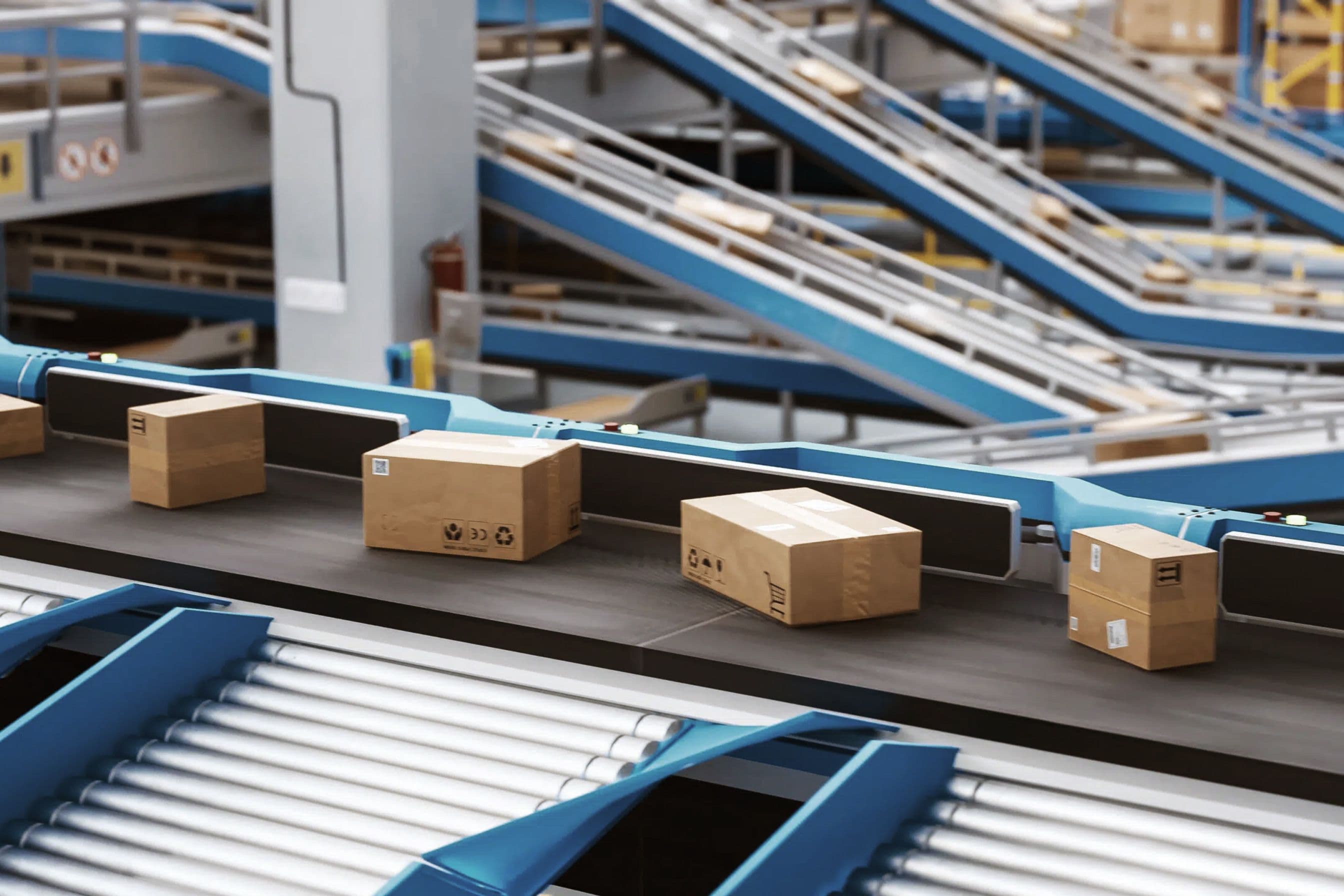
Re-engineering the systems your business runs on.
Sparq is an AI-accelerated solution engineering partner for organizations whose growth depends on complex operational systems performing with industrial-grade precision as scale, complexity, and intelligence increase.












